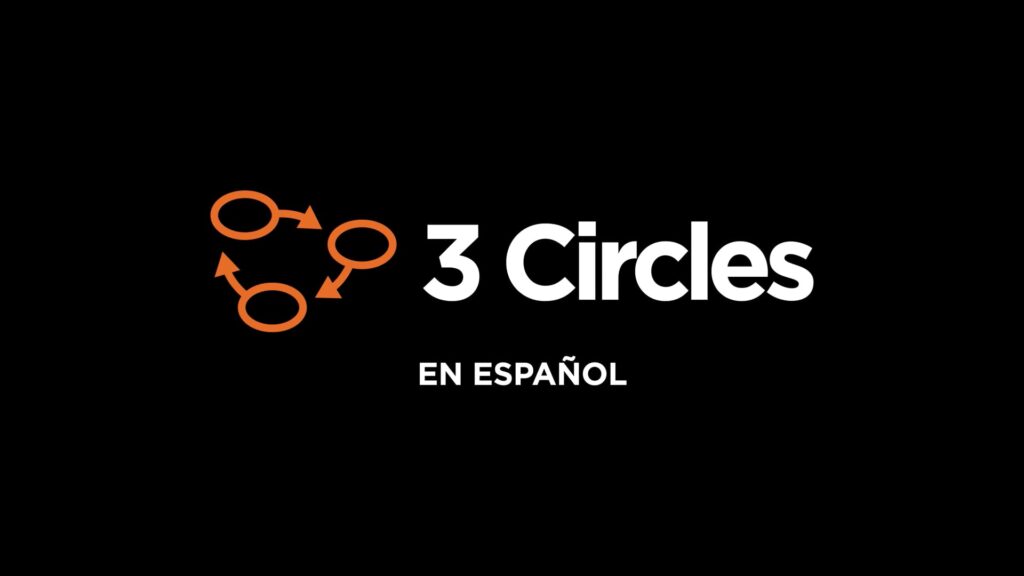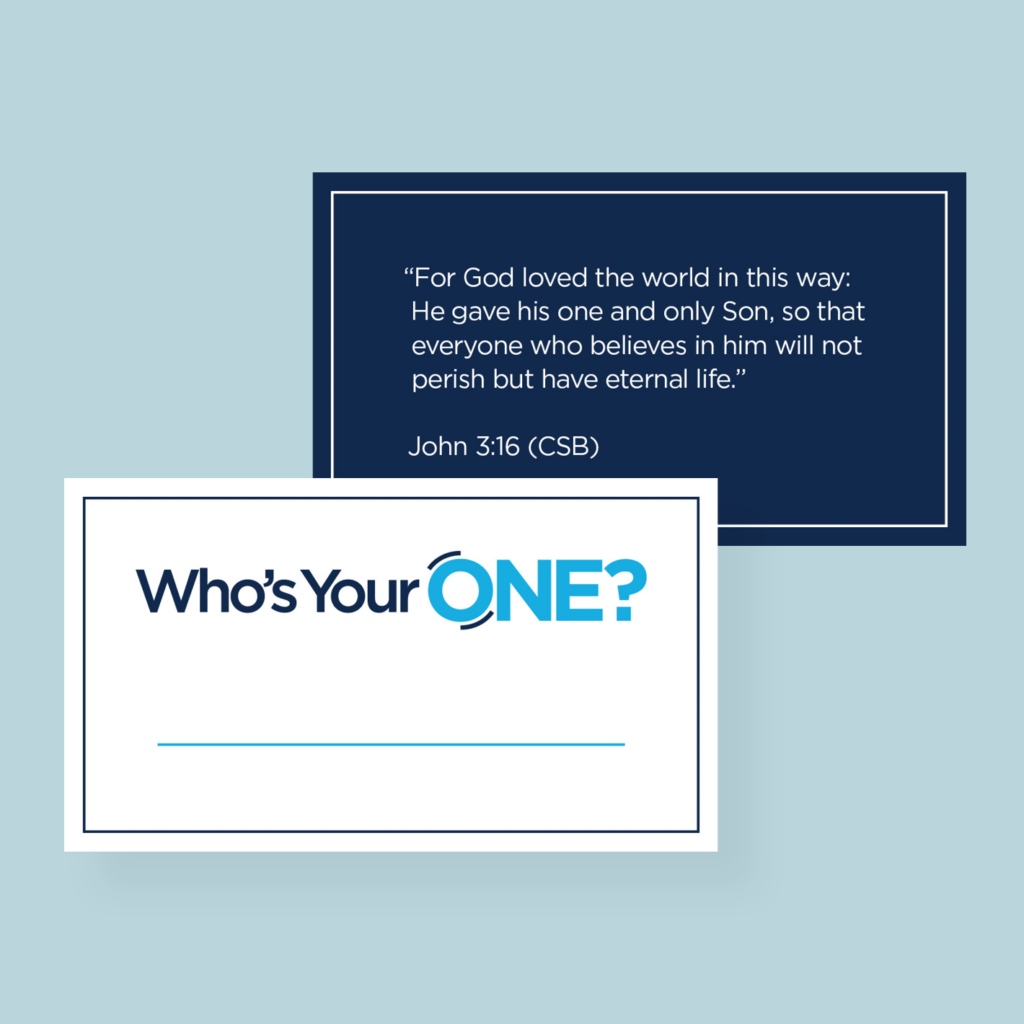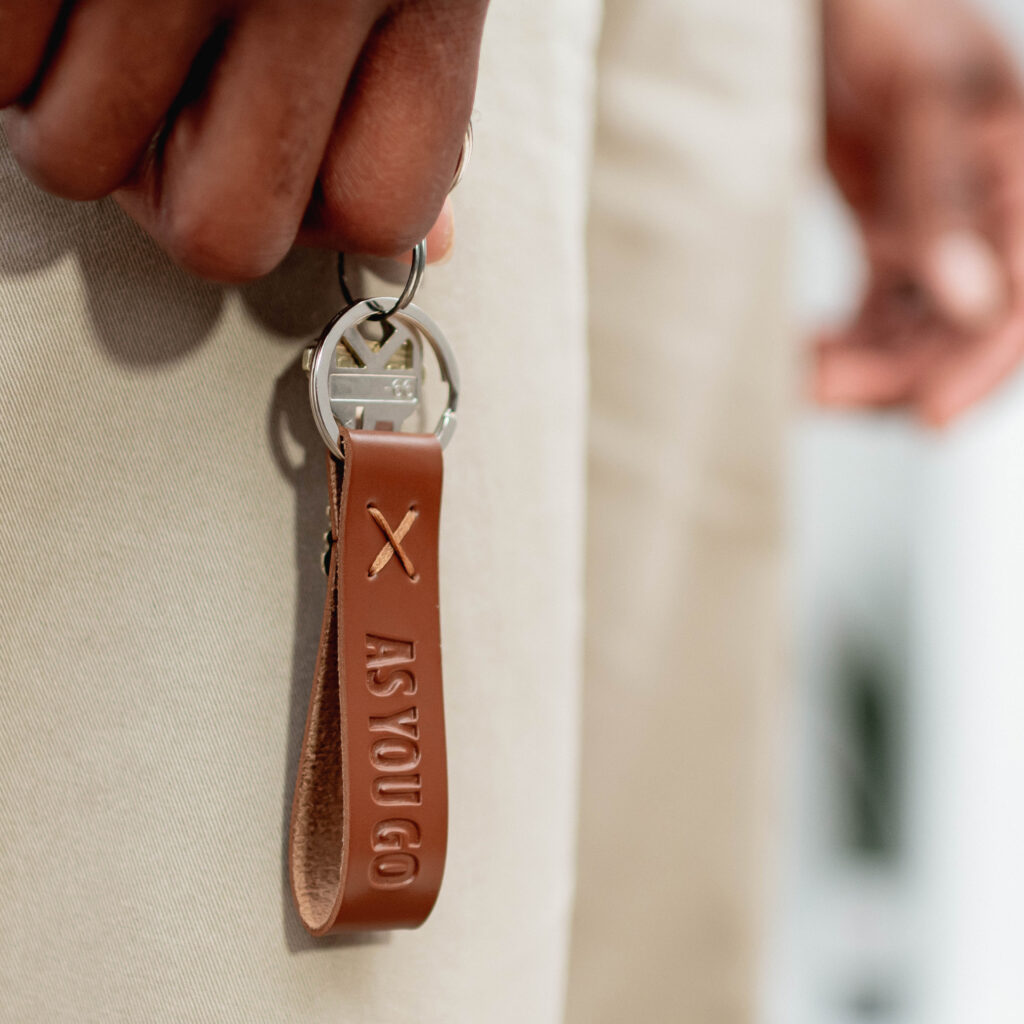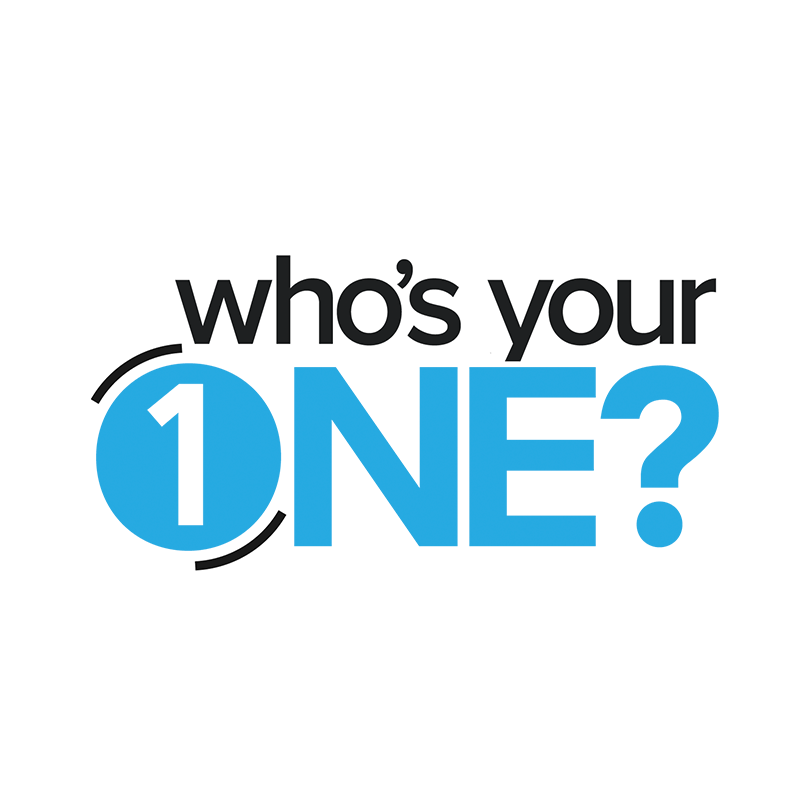How 6 minutes, 4 questions, and deep answers opened our hearts for the people in the margins.
In just six minutes, I was convicted and challenged by a conversation about marginalization. Four questions and the profound answers created a holy hush in a room where God showed up and changed everyone present.
At Send Network’s Train the Trainer Retreat, one session is designed to help us learn how to ask great follow-up questions. We talk about the Fisherman pathway, the Reporter pathway, the Physician pathway, the Pilot pathway, and the Construction pathway.
This blog post deals with the Physician follow-up question pathway. These kinds of questions help the learner do a self-diagnosis concerning a particular skill or competency in their life. We ask questions like, “On a scale of 1 – 10, 10 being high, how would you score yourself in this area?“ If the answer is “5,” we might ask, “How did you get from a 3 to a 5?” We also could ask, “How might you go from a 5 to a 7?” The purpose of these physician-type questions is to lead the learner to some self-analysis that facilitates ongoing learning.
Why should we learn to ask better questions? If we really believe the Holy Spirit is alive and well in the life of the other person — if we really believe the person we are training and leading is a beloved child of God and has the opportunity to have divine wisdom downloaded — we’d ask more questions. We’d talk less and listen more. We don’t necessarily have to have the answers. Perhaps the Lord already has planted the answer in the other person. Questions help uncover the wisdom God has given others.
Leaders Charles Campbell, Zarat Boyd, Nick Volkening, and I met with and trained a group of great young leaders in St. Louis in February 2017. Justin Karl, Mike McDaniel, Barry Rager, B.J. Stricklin, Bill Gibbs, and Tim Holman are all gifted, humble, hungry, smart, wise, passionate, and fruitful church planting leaders.
The group made a list of common mistakes people make in asking questions. Our cohort came up with these mistakes: 1) too generic, 2) too long, 3) too specific (looking for one specific answer), 4) too confusing, 5) long questions, 6) not being clear if it is a question, 7) pointless questions, 8) asking at the wrong time, 9) asking the wrong people, and 10) moving on too soon.
Several members of the cohort looked at the list and then shared what they felt was weakness. After some discussion, I asked again, “Does anyone else see one up here on the list and you’d go, ‘Yeah, that’s a weakness for me’?”
Justin Karl noted that we too often ask the wrong people.
What follows is a transcript of the conversation between Justin and me. I used the Physician follow-up question pathway.
***
Justin: I think a corporate weakness is in our whole denomination: We ask the wrong people. We’ve edited so many people out of God’s story. We’ve marginalized them when we see consistently in the Bible that it’s the people in the margins who have all the answers. But because we’re classist, racist, ageist, and sexist, we tend to edit almost everyone out. And then we’re clericalists. We don’t want to be clericalized, but we clericalize people. We basically narrow it down to a select group to give and receive wisdom from. So now [at Sojourners we are learning to] constantly fight toward the margins for the answers to what God’s doing in the world. I just think we are consistently asking the wrong people for wisdom and advice about sober realities.
Rick: So, OK. I want you to think about that. You just made a broad statement and I would definitely agree with it. My question is: If you had to give yourself a grade — from F to A — on how you personally ask those marginalized people those kinds of questions, what grade would you give yourself?
Justin: I will answer it in two ways. I don’t want to toot my own horn. I think five years ago, I’d give myself a 2 out of 10. Now, I’d give myself a 5 out of 10. I live in a marginalized neighborhood. I go to a multi-cultural church. It’s been a long journey with lots of people on the margins tutoring me to stop talking and start listening. I know the stark realities about the privilege I have and how much the world is shaped by people just like me.
Rick: So, how did you go from a 2 to a 5? Did you move to a marginalized neighborhood?
Justin: I did. If you want me to get really real, I was in the Tuscaloosa tornado outbreak of 2011. I lost everything I had: both cars, my home. We were in my home [during the tornado] but largely unharmed. But when I saw how the community celebrated and rebuilt — it was mainly the churches — except for all the black and Hispanic neighborhoods. [They] were still in ruins three years later when all the white areas were fine in 12 to 18 months. They didn’t even really care to count how many were dead among the Hispanic population on the outside of town that lived primarily in trailers and in substandard housing. So it became painfully clear. Some things I knew in my head about systemic racism — there are problems in the world, women are marginalized. It then became painfully clear — with dead body counts, with real people living in poverty and really rough in some areas …. That kind of drove it all the way down .… We need churches everywhere. But as I’m planting churches and directing others, we are not going to be chasing the the latest, greatest, fastest-growing county with the most suburbs and the easiest fruit. Now, we need churches there, but there are a lot of other places that need love and respect and listening to. So that was a pretty big paradigm shift for me and my wife. It motivated us to want to live in a wonderful [racially-mixed, multicultural] neighborhood [in Louisville].
Rick: Well, you are probably selling yourself a little short, saying you moved from a 2 to a 5. Maybe you’re more like an 8 or a 9.
Justin: Watching documentaries on racism and serving under a black lead pastor, I’ve learned so much. I think I’m just now beginning to see how much I don’t know. I feel very inadequate.
Rick: All right. So I am going to ask you one more question. I am going to push you just a little bit. You say you’re a 5. (I’d probably grade you a little higher, maybe significantly higher than that!) What needs to happen for you to go from a 5 to a 7?
Justin: I need to have Felix in my home. I need to have people from substantially lower classes in my home more consistently. I need to listen to them .… I [do] make space in my life for them, but I’ve noticed how often who’s at my dinner table. I mentor and disciple and celebrate a lot of people [from different races] in one way. Racially, our home has all sorts of people in it. But class wise? That’s a different story. It’s middle class and up. I’ve noticed that needs to change. And I want it to change.
[The room became really quiet, a holy hush descended. We were all processing. The emotion was thick.]Tim: (To Rick) You’re getting woke, man. That’s pretty awesome. (To Justin) Yeah dude. You had me.
Rick: (Through tears to Justin) I think you’ve changed all of us. I appreciate that.
***
What happened in that cohort was a holy moment. God showed up. We all were challenged and changed.
That six-minute conversation helps make the point about the importance of questions. I only asked four questions. But I did probe. I tried to pull things out. I followed the Physician follow-up question pathway. And Justin simply shared the wisdom God had placed in his heart. Without the questions, we would not have gotten that rich truth.
Questions. They can be powerful. Lives can be challenged and changed. Especially yours.
—-
What question do you wish I had asked, but didn’t? What follow-up pathway do you think you would have used? Who in your world needs you to ask them a few questions today? How might they help you grow?,
Published August 4, 2018



